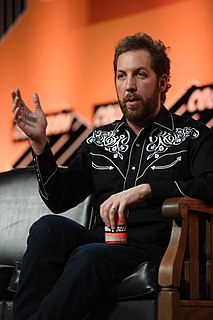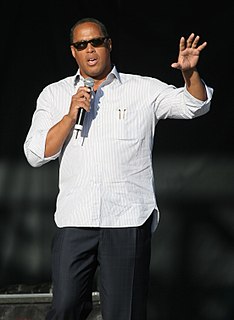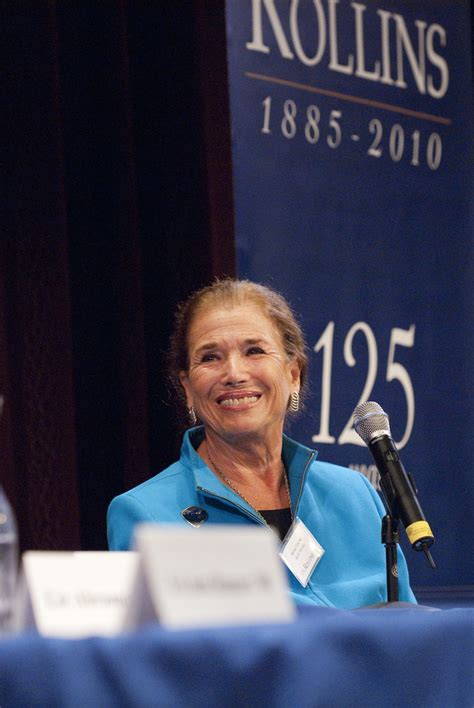A Quote by Chris Sacca
I've learned that it's often the less obvious, yet pervasive and questionable, everyday behaviors of men in our industry that collectively make it inhospitable for women.
Quote Topics
Related Quotes
It is important to note that research has shown that men who have abusive mothers do not tend to develop especially negative attitudes toward females, but men who have abusive fathers do; the disrespect that abusive men show their female partners and their daughters is often absorbed by their sons.
So while a small number of abusive men do hate women, the great majority exhibit a more subtle-though often quite pervasive-sense of superiority or contempt toward females, and some don't show any obvious signs of problems with women at all until they are in a serious relationship.
I can empathize with women who feel that [sexism]. I personally haven't experienced it, and I'm grateful for that. I feel very appreciated on the show I'm on, but I do empathize. My concern is less the entertainment industry specifically, and more the general problem that women don't get paid as much as men in any industry.
... the socialization of boys regarding masculinity is often at the expense of women. I came to realize that we don't raise boys to be men, we raise them not be women (or gay men). We teach boys that girls and women are "less than" and that leads to violence by some and silence by many. It's important for men to stand up to not only stop men's violence against women but, to teach young men a broader definition of masculinity that includes being empathetic, loving and non-violent.
Men tend to dominate whatever public discourse they participate in, and another big part of feminism is to let women have their say. Men's voices can be welcome at the table, but there is a time and a place, and maybe it's now, for men to make a little less noise, make their needs less known, and listen to the needs of others.
Women lead in ways different from men's. Men, I think, have been programmed to give orders. Women have been programmed to motivate people, to educate them, to bring out the best in them. Ours is a less authoritarian leadership. I think women tend to play hardball less often. This is the trend of office politics anyway: the days of warring factions are over. We're talking now in terms of cooperation, and I think that is the game women play best.


































